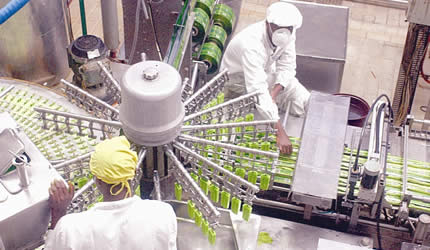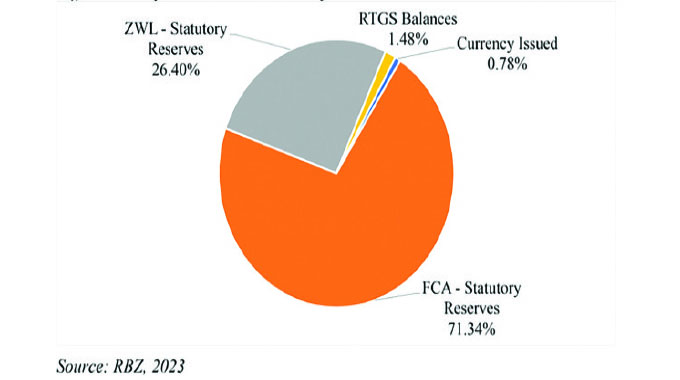Dairibord invests in plants to boost production

Business Reporter
In support of Government policies to revitalise the local manufacturing industry through the implementation of Statutory Instrument (SI) 64 of 2016 which restricts the importation of goods that can be locally produced, Dairibord Zimbabwe Private Limited (DZPL) has made major investments in manufacturing plants to meet demand as well as export growth initiatives.
DZPL has managed to fulfil the commitment made in 2014 when it launched Dairibord Pfuko-Udiwo Maheu that it would invest more to expand production towards meeting demand.
Work to install additional 2,35 million litres per month processing and packaging capacity for Maheu has been finalised at a total investment of $2,3 million to add to already existing capacity of 2 million litres.
This brings DZPL’s annual production capacity for Maheu to 50,4 million litres against an estimated annual market demand of 55 million litres.
This investment has allowed DZPL to deliver on its promise and broaden its category range by introducing four additional flavours of Pfuko-Udiwo Maheu which are milk based to a total of five flavours.
The flavours have been available in the market since May 2016 as DZPL seeks to
continue servicing consumer’s needs.
In addition, DZPL has invested in recent technology and state-of –the- art, Long Life Milk (TetraPaK) processing and packaging plant to the tune of $3,5 million.
This investment will see DZPL locally processing and packing Dairibord Chimombe 1 litre Long Life Milk Full Cream and Low Fat variants in a carton pack.
The 1 litre Chimombe Long Life Milk was previously toll manufactured in South Africa. This investment will also allow DZPL to re-launch Super Milk and revive the export markets.
The plant has capacity to process between four million litres of milk per month.
The same plant will also be used to package cartonised dairy juice blends and 100 percent fruit juices as DZPL intensifies its effort towards supporting the “Buy Zimbabwe Campaign” and industrialisation agenda.
Meanwhile Dairibord Holdings slumped to a $2 million loss for the half-year ended June, 2016 owing to a combination of macro-economic factors.
The firm posted a $415 000 net profit in the comparable period last year.
While the group recorded a 14 percent rise in raw milk intake, it saw revenues decline 12 percent to $42,5 million.
“The decline was as a result of consumer price adjustments made to address affordability and competitiveness against a static volume performance,” group chairman, Dr Leonard Tsumba said.
“The average consumer price realised, per litre of product sold, was 11 percent below prior year.”
The loss position also resulted in the group’s earnings before depreciation, amortisation, interest and tax falling to $346 719 from $3 million in the same period last year.
The firm recorded a basic loss per share of 0,52 cents, down from earnings of 0,09 per share in the first six months of 2015.
Dr Tsumba said cost of raw materials, administration and distribution were still high while impairments and inventories also pushed up operating costs.
Combined with depressed margins, the group saw its operating profit nosedive to a $2 million loss, down from an $848 122 profit last year.
“Cash generated from operating activities was negative due to the reduced profitability and increased payments to suppliers,” Dr Tsumba said.








Comments